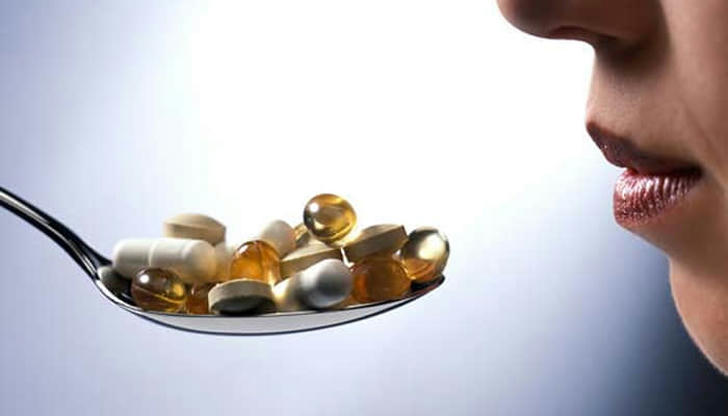Four Facts About DHA
What is DHA?

DHA, also known as docosahexaenoic acid is an important essential polyunsaturated fatty acid - an omega-3 fatty acid. It takes an important role in brain development, especially during pregnancy and early childhood. It is also associated with improving heart health, better vision, and reducing inflammatory response.
Naturally DHA can be produced in small quantities by our bodies. If you need to achieve adequate amounts, it needs to be taken from foods that enrich omega-3, like cold-water fish, grass-fed meat, dairy products, or pasture-raised eggs or fish oil.
DHA supplement benefits

DHA plays a major role in the development of people’s health, you may find some benefits below to check whether you need to take some DHA supplements.
•Reduce heart disease risk.
•May improve ADHA.
•May reduce the risk of early preterm births.
•Fights inflammation.
•Supports muscle recovery after exercise.
•May improve eye conditions.
•May reduce your risk of certain cancers.
•May help slow Alzheimer's disease.
•Others.
Possible side effects

DHA is considered to be very safe and useful for people. However some researches have found that taking DHA in the form of fish oil may cause a lot of side effects.
Reduce immune system activity
Having a high Omega-3 Index means intake more fish oil will make you more susceptible to infection, because your immune system may be weakened and it might prevent your body's defense against infection.
Lower blood pressure
In some cases, if you take fish oil in combination with certain medications, it may produce bad effects. There's some concern that fish oil capsules may cause minor side effects on lowering blood pressure. Thus if you take fish oil with blood pressure drugs, it will lead to a risk on your health.
What's more, fish oil may cause other side effects, such as bad breath, heartburn, nausea, loose stools, stomach upset, and belching. In addition, taking fish oil may slightly increase the risk of bleeding. It should be taken with caution or talk to your doctor before taking fish oil.
Who need to take DHA?

Pregnant and nursing women
For the sake of their baby’s health, those pregnant and nursing women need to take enough DHA as much as possible. Usually, 200mg/day of DHA for pregnant and lactating women was the recommendation by the National Institutes of Health and International Society for the Study of Fatty Acids and Lipids.
Infants
Due to DHA’s critical role in normal retinal and brain development, there is no doubt that the intake of DHA for infants should be considered conditionally essential during early development.
Children and adults
Many researches have found that DHA could lower risk for heart disease, exhibit anticancer effects, boost immunity, may help treat depression, support the nervous system and may alleviate symptoms of ADHD, etc. Thus, 500mg/day of DHA and EPA for healthy adults was the recommended intake.
Some tips on DHA
Every individual is different. If you are not eating omega-3-rich seafood at least twice a week, taking an omega-3 supplement that contains EPA and DHA is a good alternative.
Not all the omega-3 supplements are in same amount, you had better ask your doctor how much you need and whether you are suitable to eat these DHA supplements.
When buying the DHA supplements, you should not pay more attention on its price but you need to take care of its main components, avoiding some harmful effects.
Regardless of its form, choosing a DHA product contains EPA + DHA directly.

